How an Archaeologist from Kolkata Aims to Save the City’s Monuments through Heritage Walks
Many of Kolkata’s heritage buildings are in dire need of renovation. Archaeologist Tathagata Neogi’s new initiative seeks to empower the city’s residents to save and spruce up these remnants of history.
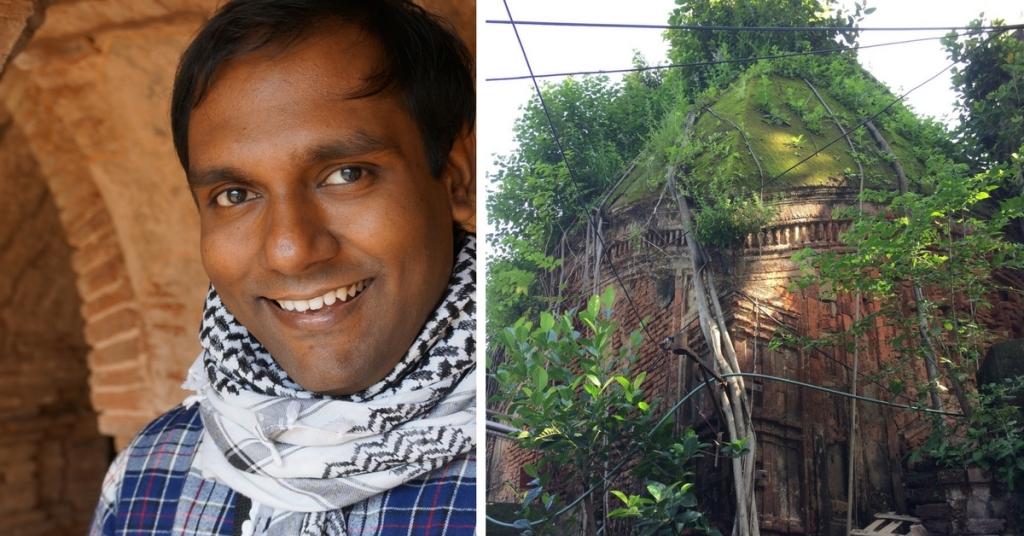
Many of Kolkata’s heritage buildings are in dire need of renovation. Archaeologist Tathagata Neogi’s new initiative seeks to empower the city’s residents to save and spruce up these remnants of history.
Boasting a rich socio-political and cultural history, Kolkata is one of India’s biggest and most intriguing cities. Its people’s love for mishti (sweets) is as legendary as their affinity for literature and the arts, and Victoria Memorial and Howrah Bridge are recognizable at a single glance. Yet, the city — like all metropolises — also has a secret history not everyone is privy to. It lies in its abandoned buildings, old winding streets; nooks and corners that once teemed with life but now lie forgotten. You may stumble upon them once in awhile, but these histories are generally elusive even to the most entrenched city locals.
With his initiative Heritage Walks Calcutta due for launch in February, Tathagata Neogi has taken it upon himself to introduce Kolkata’s obscure histories and encourage conservation among locals.
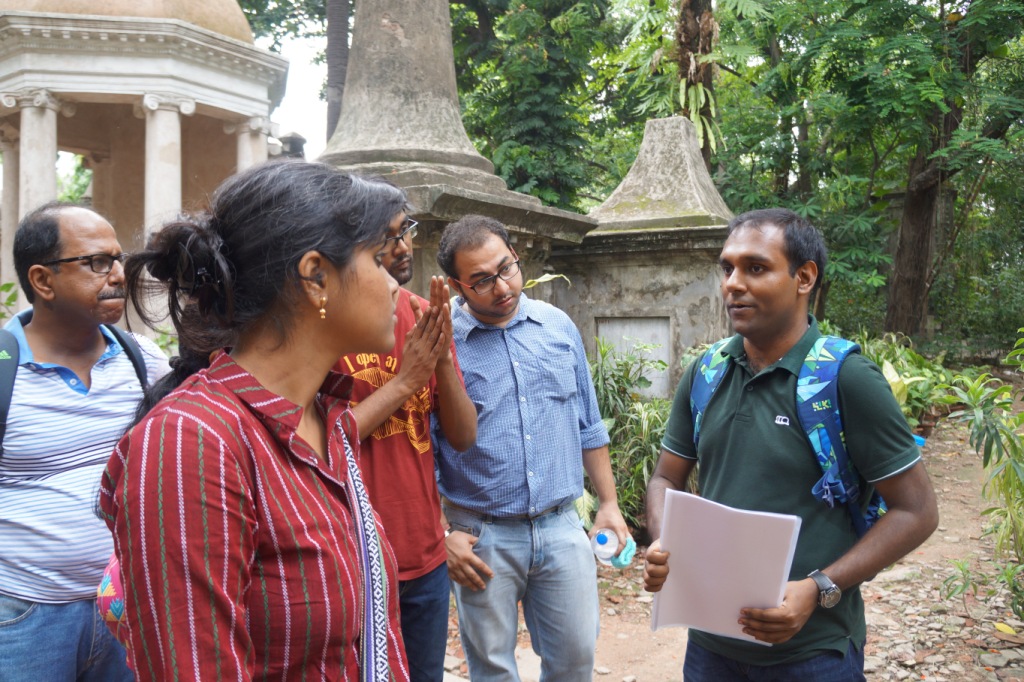
“I grew up in Kolkata, and all of this time I wished that there were some opportunities to explore Kolkata’s rich tapestry of cultural heritage,” says Tathagata, a University of Exeter alumnus who has switched from teaching to pursuing this full-time. “The tours on offer were largely targeted at a foreign audience and were expensive beyond the reach of locals. This is when I thought about starting something on my own which — while of course welcoming tourists from across the world — is mainly targeted at the locals.”
The primary objective of Heritage Walk Calcutta is to offer well-researched, affordable walking tours and workshops in Kolkata to spread community awareness about the city’s cultural heritage. Tathagata’s archaeological background ensures that the walks and workshops are thoroughly researched and off the beaten track.
These walks will take you to Chitpore Road, recorded to be older than Kolkata itself; or China Town, a quaint, vibrant part of town where Chinese settlers have lived since the 18th century.
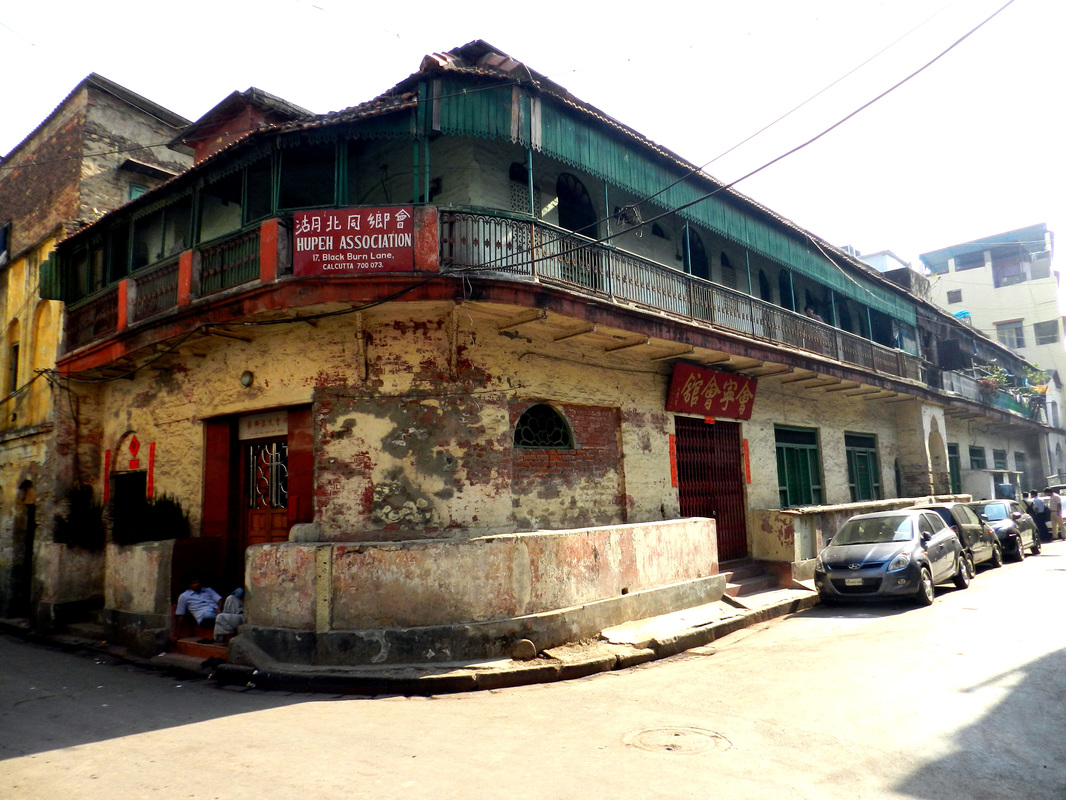
You could also step back in time and retrace the steps of Lt Col Markwood, who drew the first (and earliest surviving) map of Calcutta’s European settlement in 1784. And there are more to come. “Watch out for the one on murder and mayhem in colonial Calcutta!” he quips.
In designing the walks, HWC emphasises the promotion of community archaeology – organising archaeological and heritage projects with the local community’s participation.
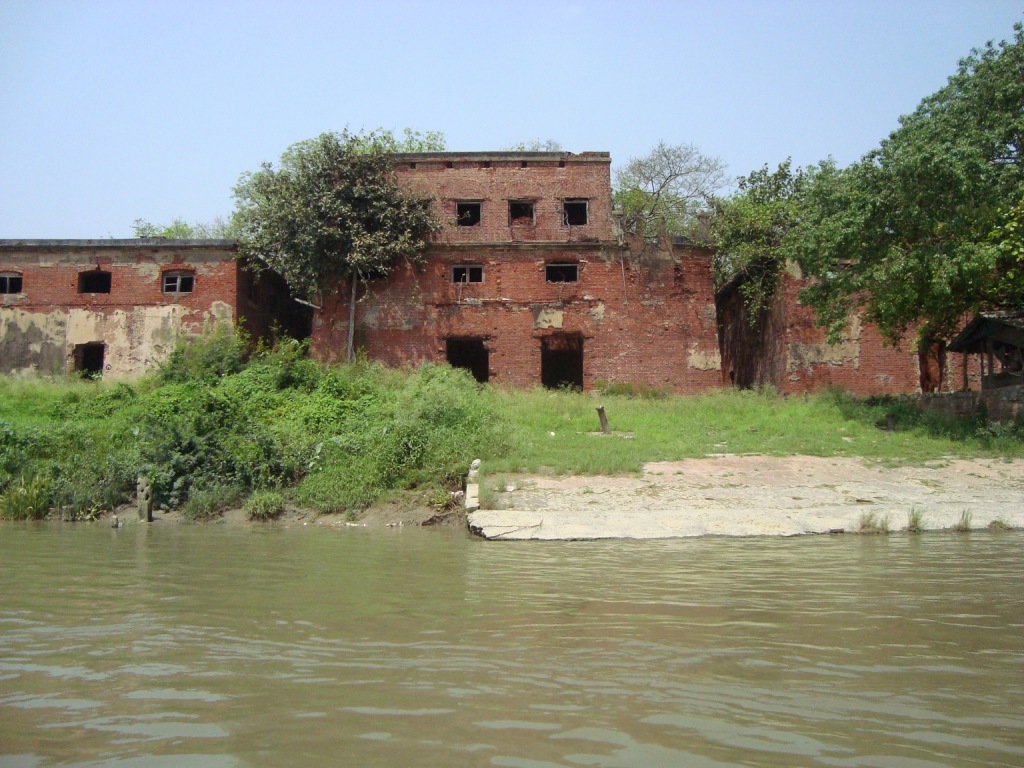
“Community archaeology creates a way for experts in history, archaeology, heritage conservation, and even museum professionals, to share their knowledge with members of the community – who are then empowered to properly maintain and manage their local cultural heritage,” says Tathagata. “This is important because the people in the community, who live around aspects of local history and interact with it every day, are the ones who can really make significant contributions to how that history is treated and conserved. Therefore, it is essential for experts like us to come out of our comfort-zones, engage with the community and provide them with advanced knowledge and professional training so that they can properly interact with, and preserve various aspects of, cultural heritage in a time of rapid urban development.”
The key to imbibing this spirit of conservation lies in facilitating early exposure to archaeology, heritage and conservation. Along with curated walks, HWC aims to partner with educational institutions to offer interactive, practical and age-specific workshops to spread awareness for community participation in the recording, protection and conservation of heritage.
He says, “we also plan to offer these workshops for the community at large, to train people of all ages to record, protect and preserve individual histories, family histories, community histories and local histories. We think that all of these are important for making a collective history of Calcutta, or any other urban or rural space.”
The need for conservation is acute as only a small number of historical structures in Kolkata — and many other urban cities — receive recognition and conservation effort.
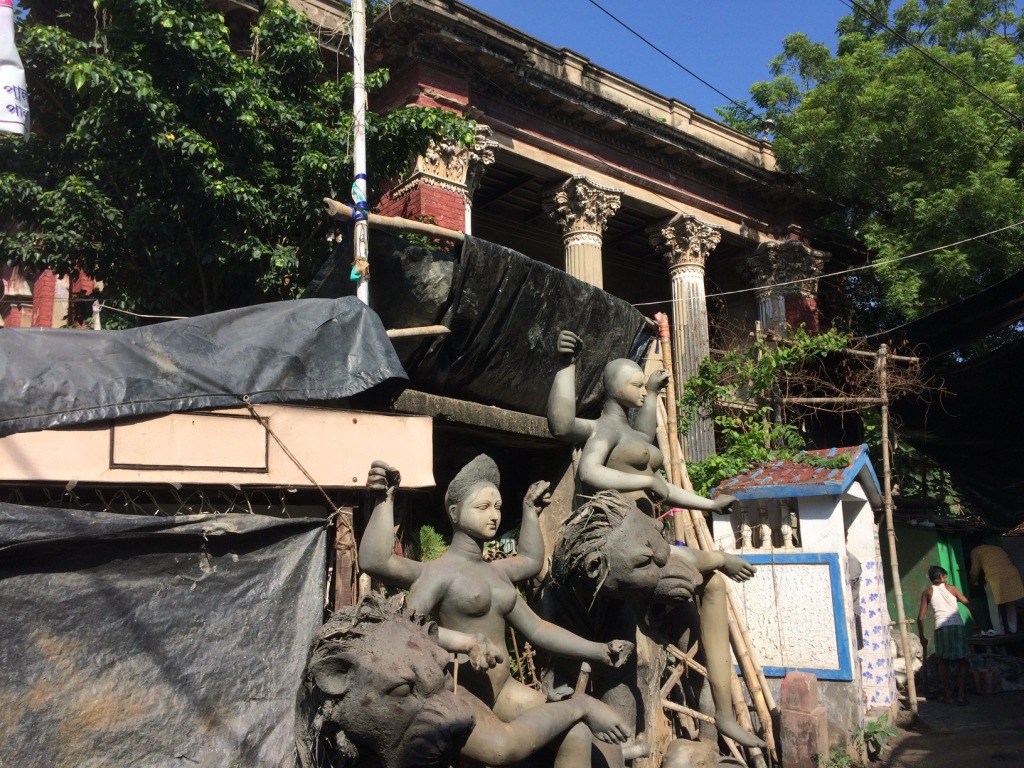
There is little information available on these structures, even to locals. Tathagata highlights areas such as Chitpore Road and Bhowanipore that are in dire need of restoration, but also empathises with the government’s manpower and funding limitations. In such circumstances, empowerment and training can ensure that residents eagerly undertake the preservation of the cultural heritage of their own neighbourhoods. “While it is impossible to protect every old building, we can at least work towards recording them before some are destroyed,” he says.
In walks curated in preparation for HWC’s formal launch, Tathagata has received a favourable response from locals, especially youngsters. In the preliminary walks, organised in and around Kolkata, only two participants have been foreigners and the rest locals. Tathagata is currently seeking sponsors and collaborators for the walks. “We are also happy to hear from any early career researchers or academics in history, heritage, archaeology or related fields who are willing to lead research-based walking tours,” he says.
You may also like: TBI Blogs: The Very Name of Kolkata Is Shrouded in Mystery. Confused? Read on to FInd Out More
The first year plans for HWC includes adding more walking tours and day tours both inside and outside of Kolkata, and gradually expanding to other, historically important parts of West Bengal with the help of local academics and researchers. “In the next five years, I want to explore different pathways to build heritage awareness and the community capacity in local communities throughout West Bengal,” Tathagata says.
Heritage Walk Calcutta launches on February 12, 2017. To participate in walks, collaborate or sponsor an event, email [email protected] or call +919995813775.
Like this story? Or have something to share? Write to us: [email protected], or connect with us on Facebook and Twitter.
NEW: Click here to get positive news on WhatsApp!
If you found our stories insightful, informative, or even just enjoyable, we invite you to consider making a voluntary payment to support the work we do at The Better India. Your contribution helps us continue producing quality content that educates, inspires, and drives positive change.
Choose one of the payment options below for your contribution-
By paying for the stories you value, you directly contribute to sustaining our efforts focused on making a difference in the world. Together, let’s ensure that impactful stories continue to be told and shared, enriching lives and communities alike.
Thank you for your support. Here are some frequently asked questions you might find helpful to know why you are contributing?


This story made me
-
97
-
121
-
89
-
167











